Snapshot
The United States ahead of Super Tuesday, scheduled for March 1st, a fundamental occasion to identify the official candidates (Republican and Democratic) of the presidential elections. Paolo Naso, author of the book “God Bless America”, helped us learn more about the way in which the candidates are broaching religious issues in the US.

On November 8 will be elected the next president of the United States of America. However, the date will constitute but the final outcome of one of the most relevant and fascinating world political matches, as the long race to the White House will first go through Super Tuesday – March 1st. Super Tuesday refers to the day when a great number of US states (15) will hold primary elections to decide which Republican and Democratic candidate will be nominated for the presidential elections. Although the recent past has shown that anything can happen when it comes to politics, usually Super Tuesday is a fundamental, decisive opportunity to get a clearer picture of future developments in the U.S. What has been the role of religions in the first part of the election competition? We turned the question to Paolo Naso, Professor of Political Sciences at La Sapienza University in Rome, visiting Professor at the Wake Forest University and at Davidson College (North Carolina). He authored the book “God Bless America. Le religioni degli americani.”
Donald Trump said: “I’m a Presbyterian and I’m proud of it. I’m very proud.” Why should a candidate to a presidential election feel the need to expose himself in this way?
This sentence ought to be read against the backdrop of American culture, whereby the religious aspect plays an important role in the public debate that here in Europe we find hard to understand. In other words,
The big American paradox is that on the one side prevails a clear separation between the State and religious confessions, but on the other religious-related issues take a leading role in the public debate.
From this perspective, there is nothing eccentric about Trump, and it’s also quite normal for presidents or candidates to explain their religious affiliation, make recurring references to the Scriptures, adopt rhetorical expressions that draw inspiration from Christian tradition.”
Trump describes himself as Presbyterian. Who are the Presbyterians of America?
Presbyterians represent a historical component of American Protestantism of Scottish-based, Calvinist tradition. However, it is necessary to explain a few things. In fact, there are several Presbyterian Churches, the most important of which is the Presbyterian Church USA with almost 3 million members, with a progressive line. On themes related to peace, war, migration, rights of homosexual couples, it has taken opposite stands compared to those propounded by Donald Trump.
Thus harmony of thought between the Churches and their presidents shouldn’t be taken for granted?
Dialectics is the typical feature. Just to give a few examples: George W. Bush was Episcopalian but the Anglican Church of the US strongly condemned his military politics. George Bush Jr had loose relations with the Methodist Church, and on many occasions the Methodist Church has criticized his actions. Barack Obama comes from the United Church of Christ, and he also had problems with his pastor, to the extent of having to distance himself when the latter expressed radical stands on themes related to race.
How do American voters decide their candidate when it comes to “religion-related” issues?
The idea of a Christian nation is obsolete, and it’s totally inconsistent with reality today. In the U.S. there is an important Jewish community (5 million people) and also a relevant Islamic presence. There are members of the Sikh community, the followers of Eastern religions, American-natives, along with exceptionally different ways of being Christian. The American religious mosaic is one of the most fascinating features of this Country.
Could you tell about the US Catholic Community? It counts over 60 million people. It’s the most important community in the Country, also because although Protestants are more numerous they are divided into various denominations. But however influent, the Catholic community is seen as a voice among many others, and in some conservative environments of the Protestant and Evangelical-radical realms, even as a problematic presence vis a vis the founding values of American society.
In what way?
Throughout American society it is widely suspected that the Catholic community is not fully rooted within American society, that Catholics are loyal to the US Republic and to the Pope, with a sort of ambiguous dual affiliation.
And the Trump case?
It could be said: much ado about nothing. He desperately needs to increase his popularity, thus also a critical confrontation with a renowned personality like Pope Francis has projected him on the international scenario, which is precisely what he wanted. In my opinion the religious aspect – in his specific case – is not as decisive as in the case of a candidate like Tex Cruz, who can count on the support of Catholic and Hispanic voters.
What are your hopes for the upcoming US election?
My hope is that an inclusive view of American society will prevail. The history of the United States has been great because it managed to welcome different identities and communities, bringing them together in what Americans calls the “Mainstream”. However, the drifts invoking exclusion, defense, Islamophobia, aggressive foreign policies, are gaining momentum. It is evident that Donald Trump best voices these claims, in the most populist ways. The paradox is that the authentic, traditional values of the United States are not those of exclusion but of inclusion. Let us hope that the heart of American shall prevail.